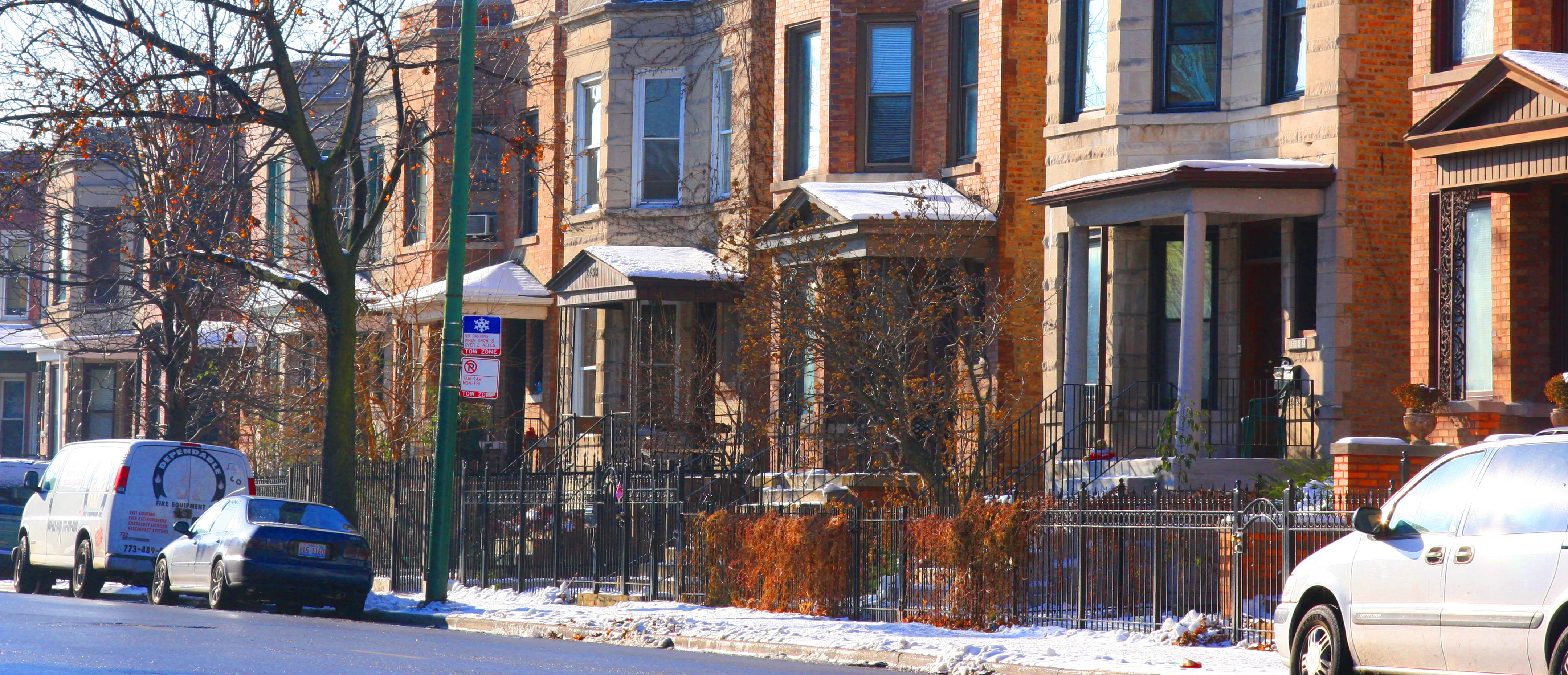A Landlord's Guide to the Chicago Heat Ordinance
Chicago winters are unforgiving. As a housing provider, you must keep your building in full compliance with the City’s Heat Ordinance, which is enforced by the Department of Buildings. Falling short can trigger inspections, daily fines, and CRLTO remedies for tenants. This guide summarizes what the law requires and how to stay compliant.
Heating Season
The required heating season runs from September 15 through June 1 each year. During this period, landlords must supply heat to rental units or any unit where occupants do not have individual control of the heat.
Minimum Indoor Temperatures
Inside each dwelling unit, the temperature must be at least 68°F from 8:30 a.m. to 10:30 p.m. and at least 66°F from 10:30 p.m. to 8:30 a.m. These minimums apply regardless of outdoor temperature or the reason for any outage.
Where Heat Is Required
Provide adequate heat to all habitable rooms, bathrooms, and toilet rooms. The Department of Buildings measures compliance three feet above the floor and at least three feet from exterior walls during inspections.
Equipment and Building Condition
Maintain permanent heating equipment in safe working order and keep the building envelope—doors, windows, and walls—in good repair so required temperatures can be maintained. Cooking appliances, fireplaces, domestic water heaters, and portable space heaters are not acceptable as the primary source of required heat.
Who Pays for Utilities vs. Who Must Comply
Your lease may assign the tenant responsibility for paying gas or electric bills, but you as the landlord remain legally responsible for ensuring the heating system is functional and capable of maintaining the minimum required temperatures during heating season.
In addition, if an apartment is separately metered for heat, the Chicago Municipal Code requires you to provide prospective tenants with a written disclosure before lease signing. This disclosure must confirm that the tenant is responsible for paying the heating costs and include a utility-issued statement showing the prior twelve months of heating costs. Tenants must sign a receipt acknowledging they received this disclosure, and failure to comply can result in fines of $500 per violation.
You can find the official City of Chicago Heating Cost Disclosure form, along with our step-by-step guide, on our Chicago Heating Cost Disclosure Form.
Enforcement and Fines
The City may cite violations and impose fines of $500 to $1,000 per day, per violation. The reason for the lack of heat does not matter; heat must be provided. Tenants can also report “no heat” to 311 for inspection.
Tenant Remedies Under the CRLTO (Essential Services)
Heat is an essential service. After proper written notice, tenants may pursue CRLTO remedies, which can include rent reduction, short-term substitute housing with offset, or lease termination if the failure persists, in addition to seeking damages and attorney’s fees. Always review the notice and cure timelines in the ordinance before responding.
Landlord Response Playbook
Before September 15, be sure to service boilers and furnaces, test controls and thermostats, and confirm venting and combustion air. As the season begins, communicate to tenants how to report heat issues and maintain a rapid response plan for no-heat calls. During inspections or cold snaps, document your actions and service tickets to demonstrate diligence and mitigate risk. These steps help you avoid violations and tenant claims while protecting habitability.
The general information that Domu provides about Chicago landlord-tenant law is not intended as legal advice. Domu endeavors to provide accurate information, but the law is subject to change, and Domu is not a law firm or provider of legal services. Questions about your particular leasing situation should be directed to a lawyer.




